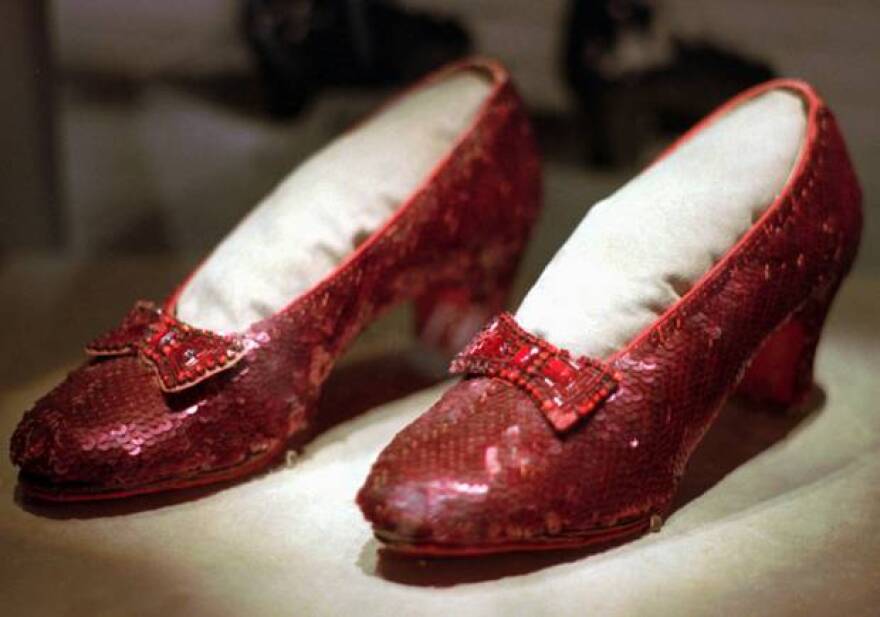I have a new nearby option for Vietnamese food. I can walk to a corner parking lot and order my pho from Tam’s Place. But it’s not a place, at least not for anyone but Tam. It’s a food truck.
Sometimes I drive by and the truck is not parked there. Tam’s Place is in some other place. So which place is Tam’s Place? I guess I’d have to ask Tam Howitt. (I learned her name from her Facebook page.) She probably has dreams of someday having her own place, inviting people in and feeding them. Or maybe she had a place and now she’s downsized to a food truck but doesn’t want to print new business cards.
Tam doesn’t need my advice and I’m not meaning to offer it. But I do worry that we’re losing something important that we call “place.” Place was central to our lives. We wanted a place of our own. We looked forward to inviting others over to our place.
Meals especially were fixed to a specific place — kitchen table for casual meals, dining room for Sundays and special occasions. Around the table, everyone had their place, even sometimes placemats.
Home used to be the ultimate place — the meta-place, where everyone’s place was placed. But it’s becoming less that now. Homes are becoming like airports, where people catch their connecting flights or gather their baggage.
We used to “check in” at home periodically — that’s where the airport term originated. But now we’re more likely to check in on websites like Facebook or Four Square. If we check in with family members, it’s by phone.
We come home to recharge — our phones!
Whatever waking hours we spend at home now are spent watching signals beamed to us from far away or sending signals to others over the World Wide Web. The world has come to our doorstep, but fewer people come through our doorway. We let our fingers do the walking. Then we forgot to exercise our other body parts.
Everybody is on the go all the time. Placing requires stopping. Placing without stopping leads to spilling and breaking and crying and hurting. Better not to even attempt to place. No one gets hurt — at least not all at once.
We’ve only traded an acute pain for a chronic one. We avoid the dramatic pain of rejection, but invite a gnawing unsettledness. Tam might find a better street corner for her Vietnamese cuisine. She’ll move on and so will her customers. But some sadness will linger, or should.
Can we know who we are if we don’t know where we are? If we don’t have a place, can we be sure there’ll always be a place for us? If a certain place isn’t ours, how can we be sure it won’t be filled by someone else? If we’ve never felt placed, will we know it when we’re about to be replaced?
That’s the fear that hides in us when we try to live without place. This is why helping the homeless is so difficult, but also so important. Houselessness is an economic condition. Homelessness is an emotional state. Getting a house is easier than feeling at home. Home is where you feel safe, which then allows you to feel all your other feelings.
It’s not a place if you’re not invited in. Going by or going near does not make something a place. Gertrude Stein summed it up famously: “The trouble with Oakland is that when you get there, there isn’t any there there.”
Place-making projects have never been more important than they are today. It takes planning and skill and effort and attention, but significant public spaces can become genuine public places, where everyone feels safe and welcome and equal.
I can’t come to Tam’s Place, but I want opportunities to bump into Tam in some of these public places. If that sort of thing happens often and comfortably, our planners and architects will have succeeded.
Don Kahle (fridays@dksez.com) writes a column each November for Jefferson Monthly and blogs at www.dksez.com.





